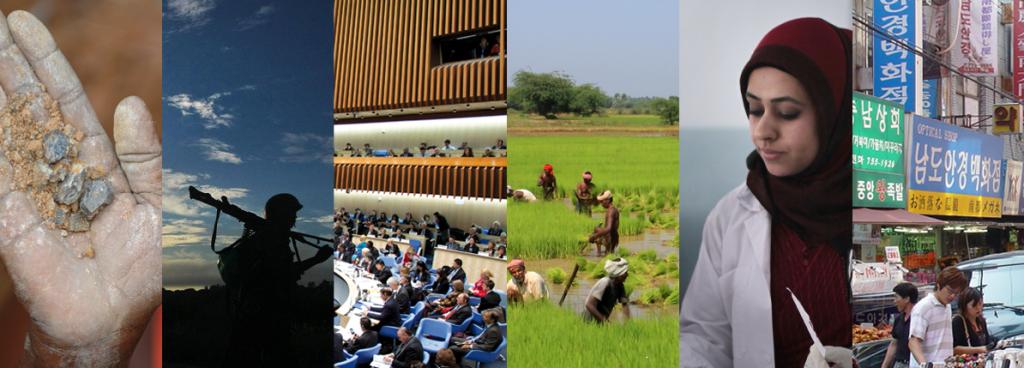Abstract
How can legacies and values of a defeated revolution survive over time? When counter-revolution prevails, former revolutionaries living under repression can turn to everyday acts to reproduce revolutionary values. Among those to have done so are former activists from the 1965-1975 revolution in Dhufar, southern Oman. Yet historical context constrains the potential of everyday relations for reproducing revolutionary values. In Dhufar, everyday gendered segregation limits the potential of quotidian interactions for signalling the feminist consciousness for which Dhufar’s revolutionaries were once famous. Consequently, some Dhufari women and men with historical or family connections to the revolution have, more occasionally, turned to extraordinary acts to reproduce values and afterlives of revolution. One woman’s candidacy for national elections despite widespread social disapproval, and her male kin’s decision to support her, were extraordinary acts that signalled feminist consciousness reminiscent of the revolution. Whether taking everyday or extraordinary forms, though, acts that reproduce legacies of defeated revolution rely on both intersectional privilege and social ambiguity.
About the Speaker
Alice Wilson is Senior Lecturer in Social Anthropology at the University of Sussex. Her research examines transformations of the relationship between governing authorities and governed constituencies in revolutions and liberation movements, with a focus on Arab-majority contexts. Her first book,Sovereignty in Exile: a Saharan liberation movement governs (Pennsylvania, 2016), addresses social, political and economic transformations in Western Sahara’s revolution. Her second book project examines the legacies of revolution in Dhufar, Oman.




